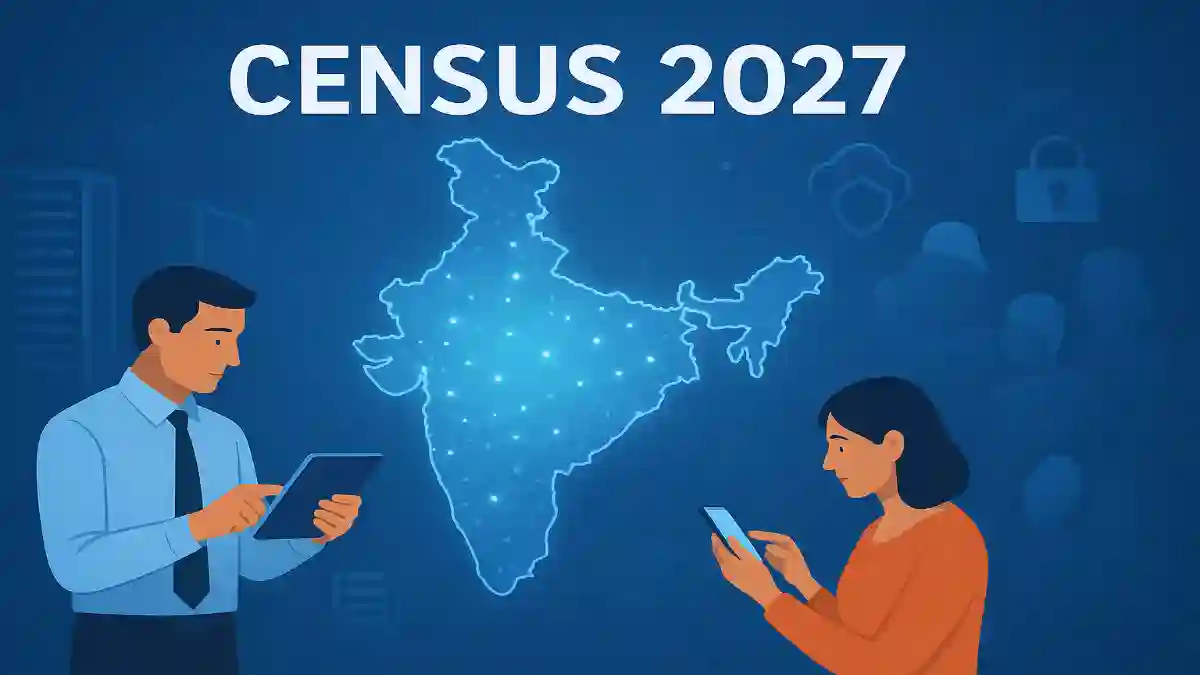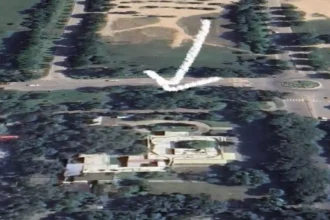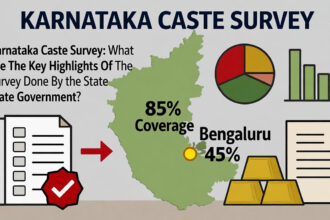
The Ministry of Home Affairs has sought a massive budgetary allocation of ₹14,500 crore for Census 2027, marking India’s first fully digital and caste-inclusive census since 1931. Officials revealed that the increase in expenditure, compared to earlier estimates of ₹12,000 crore, stems from new technological upgrades, enhanced data security measures, and the deployment of one of the largest workforces in the world for such an exercise.
The decadal census, scheduled to begin on April 1, 2026, will be carried out in two distinct phases. The first, called the Houselisting Operation (HLO), will document housing conditions, household amenities, and assets. The second phase, the Population Enumeration (PE), will collect socio-economic, cultural, and demographic information on every individual. Unlike earlier rounds, Census 2027 will integrate caste enumeration, a demand long raised by several social and political groups.
To manage the scale of this nationwide task, the government plans to mobilize nearly 34 lakh enumerators and supervisors, along with an additional 1.3 lakh supporting staff. For the first time, the entire exercise will be digitally enabled, relying on mobile applications for data entry and real time transmission. Citizens will also get access to a self enumeration portal, allowing them to input household information online, thereby increasing participation and reducing errors.
Data security is being treated as a top priority in Census 2027. The Registrar General of India (RGI) is reportedly working on strict safeguards to protect sensitive information at every stage collection, storage, and analysis. Officials expect that while data gathering will conclude by March 1, 2027, the tabulation and publication process could extend by two to three years due to the vast scale of operations.
Experts believe that Census 2027 will be a turning point in India’s policy planning. The inclusion of caste data will provide a clearer picture of the country’s social composition, potentially shaping welfare schemes and reservation policies for decades. Moreover, the digital framework is expected to enhance accuracy, minimize duplication, and speed up the availability of key demographic insights.
With ₹14,500 crore earmarked for this historic exercise, Census 2027 is set to become the most ambitious and technologically advanced enumeration in India’s history.
Stay connected with The News Drill for more updates.







